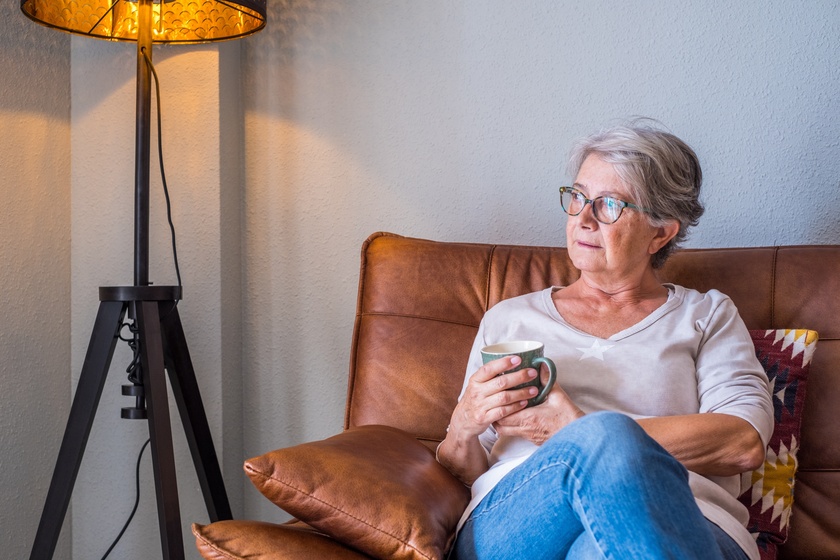If you’re caring for an elderly loved one, then you might have noticed that they have some issues with their vision. If they don’t have any serious health problems, they probably need some simple adjustments to help them out. Here are some lighting safety tips to make sure your loved one has enough light in their home and doesn’t trip or hurt themselves:
Walk Through The House With Your Loved One And See If Anything Needs To Be Fixed
Walk through the house with your loved one, and ensure all of the light fixtures are securely mounted to the ceiling or wall. Check for loose or broken light fixtures, burned-out light bulbs, frayed or cracked electrical cords, damaged wiring, and exposed live wires.
If you think that a fixture needs to be replaced—or if there’s something else in the house that you think should be fixed—have an electrician look at it immediately. Even if nothing is wrong with a fixture right now, it could become a safety hazard in just a few years because of normal wear and tear on old wiring systems.
Check All The Bulbs On Every Light In The Home
Every light should be checked regularly. This is because bulbs can be damaged by frequent use and need to be replaced if they burn out. When you check your lights, look for loose connections and broken bulbs. If you find any of those issues, ensure they are fixed as soon as possible so that it doesn’t cause a fire in your home.
Put Lamps In Areas That Don’t Get Enough Natural Light
If you have an elderly loved one who spends their days in a dark room, consider adding lamps to the house areas that don’t get enough natural light. Lamps can create a warm and inviting atmosphere, but they don’t have to be just for decoration: when placed strategically around your loved one’s home, lamps can help them read more easily. If your loved one has trouble seeing their favorite book due to poor lighting, consider placing a table lamp near their favorite chair so they can read comfortably once again.
Use Long-Lasting LED Or CFL Bulbs
It’s important to purchase long-lasting bulbs for your elderly loved one. While incandescent and halogen bulbs are less expensive, they have a shorter lifespan and produce more heat than other types of light bulbs. The extra heat can cause fires if the bulb is too close to flammable materials such as curtains or bedding.
LED and CFL bulbs last longer, use less energy than incandescent or halogen bulbs and don’t generate much heat, making them safer for your loved one to use in their senior living apartment. You might not want to invest in LED or CFL lights right now because they are more expensive than traditional incandescent lights (although we’re making headway on that front). Still, this investment will pay off in the long term by saving you money on electricity bills while also keeping your loved ones safe from fire hazards.
Consider Using Motion Sensor Lighting Outside And Near Stairs
Motion sensor lights are another good option for helping you stay safe, but they may be better suited to areas like the driveway or walkway. Motion sensors can be set to only turn on at night so that they won’t waste power during the day. If you have stairs in your home, motion sensor lights near those areas would also be beneficial because they’ll illuminate as soon as a person walks past them instead of leaving them in total darkness.
Conclusion
We hope these tips have helped you to keep your loved one safe and happy at home. It can be difficult when someone is elderly, but if you work together with them, it will make things much easier for everyone.







